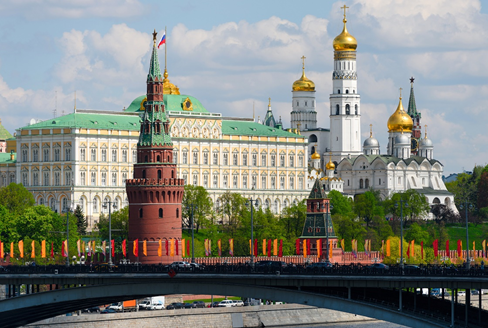Important market developments in the Moscow Stock Exchange, Central Bank of Russia and Corporate law framework.
In Q3 2021, the Moscow Exchange announced several important developments in its trading and clearing services. Namely, starting from August 9 2021, non-residents can obtain the status of Individual Clearing Members with the National Clearing Centre (NCC, a part of Moscow Exchange group). This way, foreign banks can keep collateral and cash deposits directly in their NCC accounts, gain access to the “Deposit with CCP” segment of the money market, and in general increase the effectiveness of their RUB and FCY liquidity management in Russia. NCC will carry out tax agent functions for the trades, which will be executed on the Moscow Exchange by non-resident clearing members and their clients.
Also, complex financial products flagging service went live, starting from August 2 2021. This functionality, introduced into the trading interface, allows brokers and banks to implement automatic controls for the limitation of access to complex financial instruments which, according to the local regulations, may be offered to individual investors only if they are duly qualified or pass the respective tests. Evening session for bonds trading is expected to be launched in autumn 2021. Investors can already trade Russian and foreign shares, ETFs, currencies, precious metals, futures and option contracts during the after-hours session (from 19:00 to 23:50 Moscow time). Moscow Exchange plans to add government bonds and Eurobonds to this list starting from the fall of 2021. This decision is driven by the growing interest of individual investors to the fixed income market.
Market participants may benefit from these developments due to the gradual migration of the Moscow Exchange to a more flexible trading schedule and implementation of additional risk mitigation tools.
Additionally, the Bank of Russia (CBR) published the first draft of a new addendum to its regulation 503-P (“On the procedure for opening and maintaining depo accounts and other accounts by the custodians”), aiming to implement the rules of servicing digital financial assets. According to this draft, CBR plans to: introduce new types of accounts which may be opened by Russian custodians to keep records of digital financial assets; identify the legal grounds for transactions in such accounts; establish the procedures for issuance, settlement, and cancellation of digital certificates; specify how the digital certificates shall be handled by the custodians when the custody agreements are terminated. CBR gathered the market participants’ feedback on the first draft of this addendum and plans to finalize and implement the new regulation by April 2022.
The Federal law No. 225-FZ, which came into force on July 1 2021, introduced certain amendments into the Russian Civil Code, whereby the members of various collective corporate bodies (such as general shareholder meetings, bondholder meetings, etc.) are now allowed to participate in the respective events via online conference facilities. The amended Civil Code stipulates that the remote participation option shall be envisaged by the company’s charter or by the law. Technical facilities which can be used in these occasions shall allow to verify the identity of the remote participants, to participate in the discussions over the meetings’ agenda, and to vote remotely on the resolutions. Regulatory reform has also been taking place in Bulgaria with the adoption of amendments to Ordinance 38 on the Requirements for the Activities of Investment Intermediaries.

